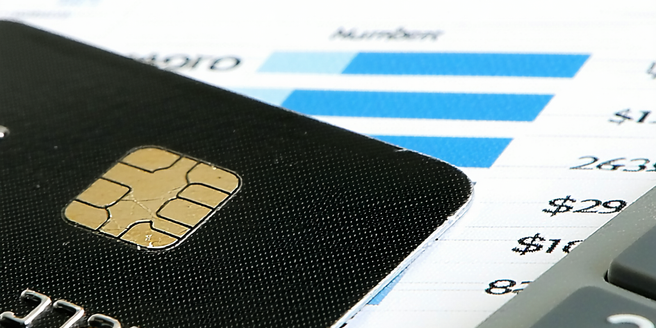
Understanding Your Credit Limit and Terms
When you receive your credit card, it’s crucial to understand your credit limit and the terms associated with it. Your credit limit is the maximum amount you can spend using your credit card. It’s essential to know this limit to avoid exceeding it and incurring additional fees. Familiarize yourself with the interest rates, due dates, and any annual fees that may apply. Knowing your card’s terms will help you make informed spending decisions and maintain good credit health. Keep track of promotions like 0% interest for an introductory period, and understand the consequences once this period ends. Regularly review your credit card’s terms, as they might change over time, and ensure you stay updated to avoid unexpected surprises.
Setting Up Online Account Access
Setting up online account access is a convenient way to manage your credit card account. Once your credit card is approved, register for an online account through your card issuer’s website. This will allow you to monitor your transactions, view your remaining credit limit, and track your spending in real-time. Online account access often includes tools to set up alerts for due dates and suspicious activity, helping you avoid late payments and potential fraud. It can also provide easy access to monthly statements, which are crucial for budgeting and expense tracking. Make sure to use strong, unique passwords to secure your account, and enable two-factor authentication if available to increase security.
Creating a Budget for Your New Credit Card
Creating a budget for using your new credit card is a crucial step towards financial responsibility. Start by listing your fixed expenses like rent, utilities, and groceries to determine how much you can afford to charge and pay off monthly. Use this budget to guide your spending, ensuring you stay within your means. Your budget should also account for unexpected expenses, so leave some buffer room to manage these without relying solely on credit. By keeping a close eye on your budget, you can avoid accumulating unnecessary debt and ensure you make timely payments, all while building a positive credit history. Regularly review and adjust your budget as your financial situation changes.
Planning Your First Purchases Wisely
After receiving your new credit card, it’s important to plan your first purchases wisely. Start with small, manageable expenses that you can pay off in full by the due date. This helps establish a positive credit history and demonstrates responsible card usage to the issuer. Prioritize essential purchases or those that fit within your budget, and avoid impulsive buying that can quickly lead to debt. Remember, the goal is to show lenders that you can manage credit responsibly. As you become more comfortable, gradually increase your expenditure but always ensure you can cover it come billing time. Wise spending early on can set the tone for responsible credit use in the future.
Monitoring Transactions and Statements Regularly
Regularly monitoring your transactions and statements is key to managing your credit card effectively. By reviewing your account activity frequently, you can catch unauthorized charges early, track your spending against your budget, and identify any areas where you might be overspending. This routine helps you stay on top of your credit card balance, ensuring you don’t surpass your credit limit or miss payment deadlines, which can affect your credit score. Make it a habit to check your transactions at least weekly and thoroughly review your monthly statements. Report any discrepancies immediately to your card issuer to resolve issues promptly and protect your financial health.
Building a Strategy for Timely Payments
Developing a strategy for timely payments is essential for maintaining a healthy credit score. Start by setting up automatic payments for at least the minimum amount due each month to avoid late fees and penalties. Additionally, aim to pay your balance in full whenever possible to minimize interest charges. Create calendar reminders for payment due dates and consider paying your bill early to reduce the risk of missing payments. Keeping your credit utilization low—below 30% of your credit limit—further supports your credit health. Regularly reassess your financial situation to adjust your payment strategy as needed, ensuring you remain on top of your obligations and strengthen your creditworthiness.
